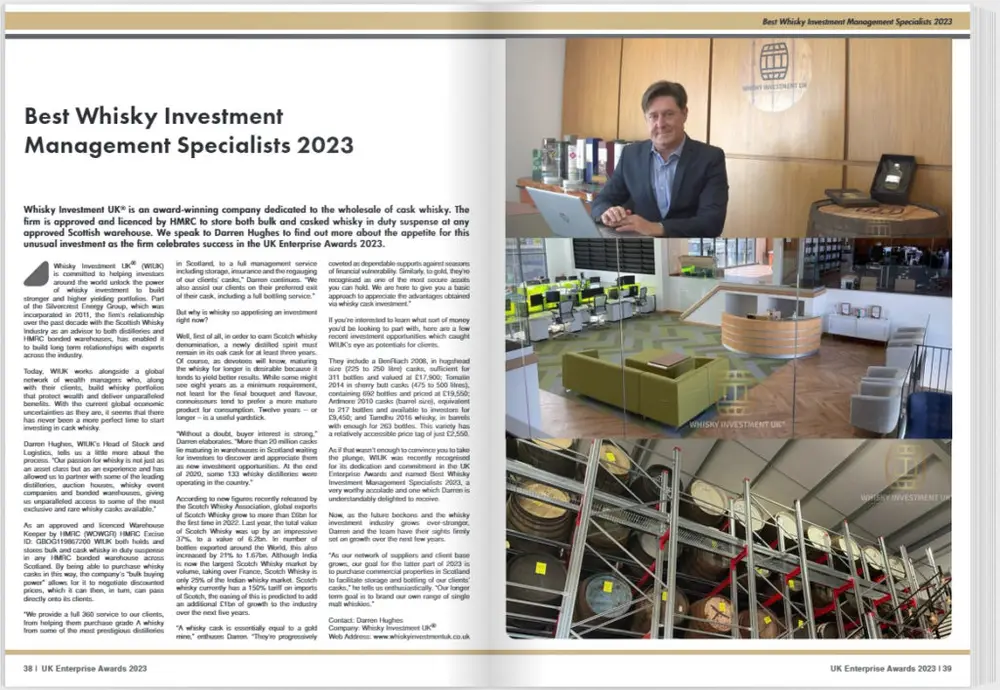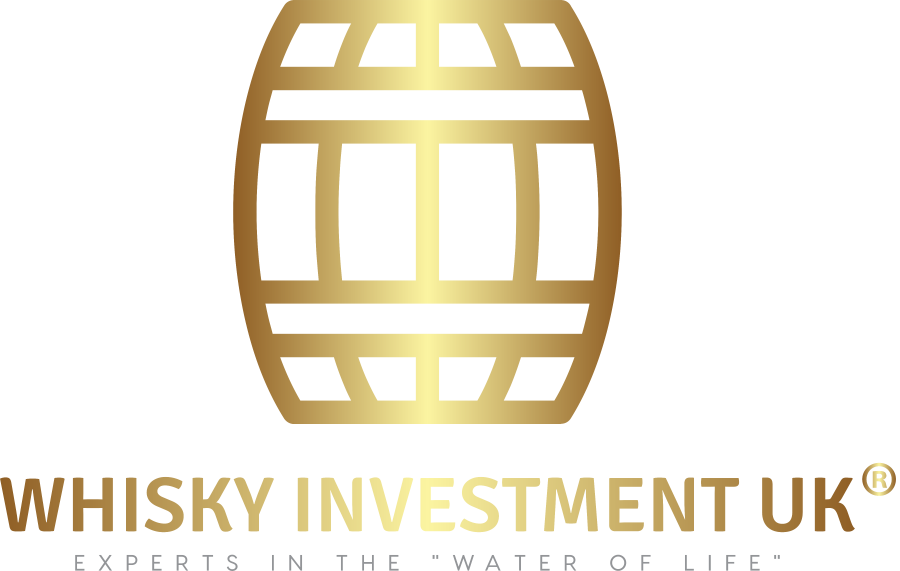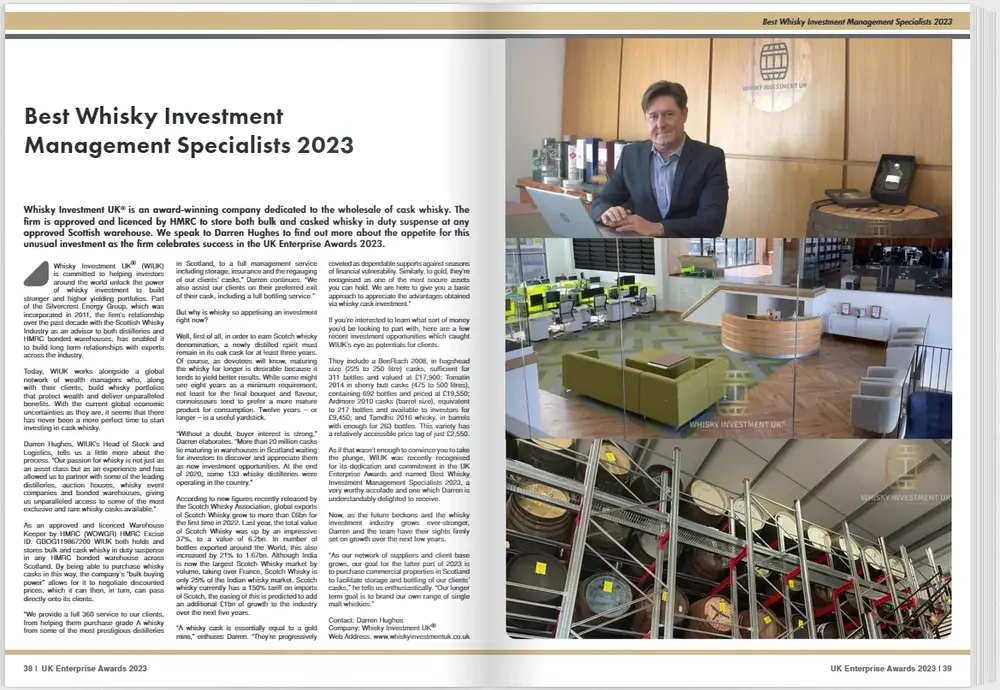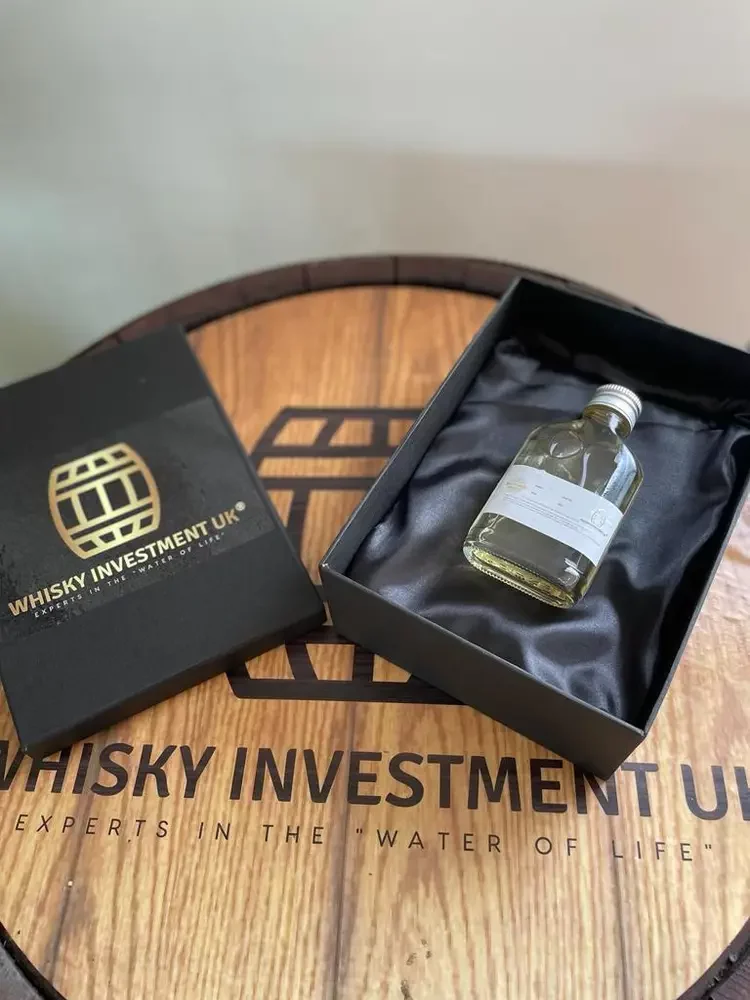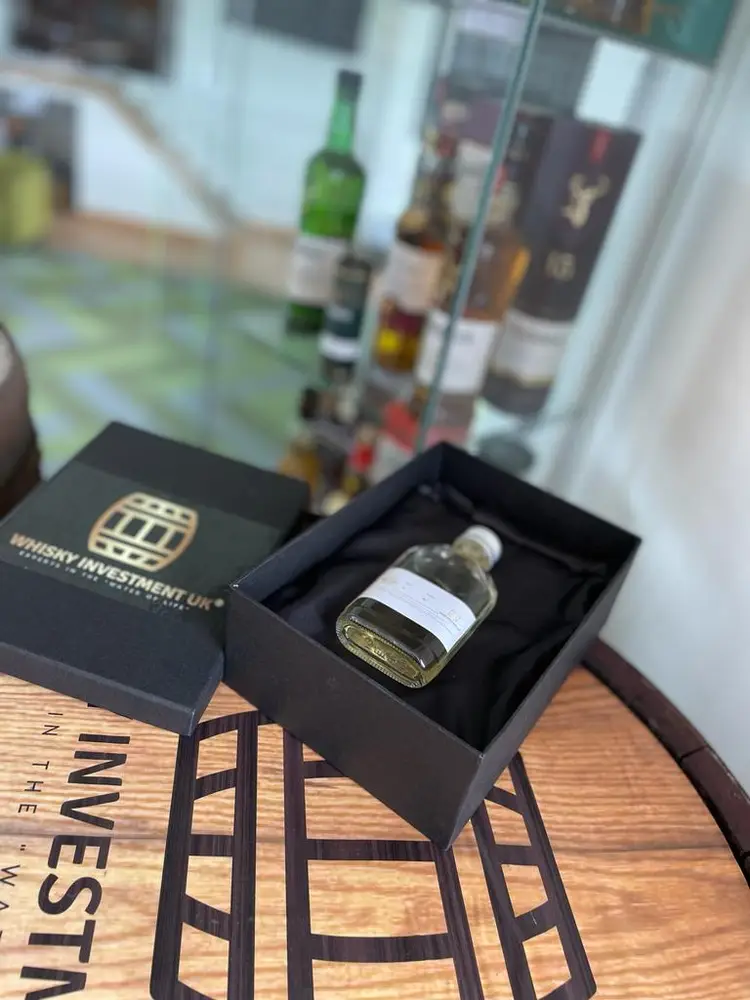The sample will be cask strength, so adding water is advised especially if your cask has an ABV of over 55%.
Below we explore what is involved when the distillery / warehouse takes a sample from a cask of whisky, they typically follow a process like the one outlined below:
Preparation: The distillery staff will ensure they have the necessary equipment and materials ready for taking a sample. This usually includes a sampling thief, a glass or container to collect the sample, and a funnel.
Cask Inspection: Before extracting a sample, the distillery team will inspect the cask to ensure it’s in good condition and free from any visible defects or contamination.
Sample Location: The distillery staff will decide where to take the sample from within the cask. This could be from the bung hole, a specially drilled sampling port, or by using a sample valve if the cask has one installed.
Sanitization: To maintain hygiene and prevent contamination, the sampling equipment, including the thief, glass, and funnel, may be sanitized, or rinsed with a neutral spirit before use.
Extraction: The distillery worker will insert the sampling thief into the chosen location and extract the sample. A sampling thief is a long, narrow tube or pipette-like instrument that can be inserted into the cask to draw out the whisky without disturbing the contents significantly.
Collection: The whisky sample is collected in a glass or container, taking care not to spill or waste any of the precious liquid.
Tasting and Analysis: Depending on the purpose of the sample, the distillery may conduct a tasting and analysis to assess the whisky’s characteristics, including aroma, flavour, colour, and quality. This evaluation helps determine the whisky’s maturation progress and potential readiness for bottling.
Documentation: The distillery will record valuable information about the sample, such as the cask number, date, volume extracted, and any tasting notes or observations made during the process. This documentation helps maintain accurate records and traceability.
It’s worth noting that distilleries may have variations in their sampling procedures based on their individual processes, equipment, and cask types. Additionally, they must ensure compliance with legal requirements and industry standards throughout the sampling process.
